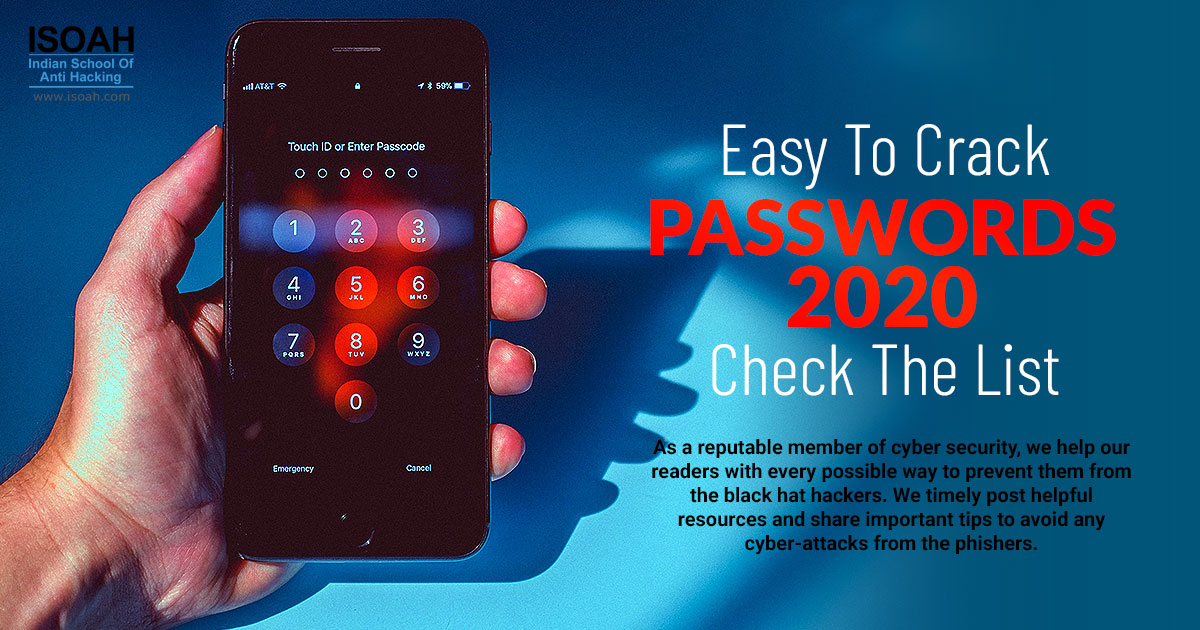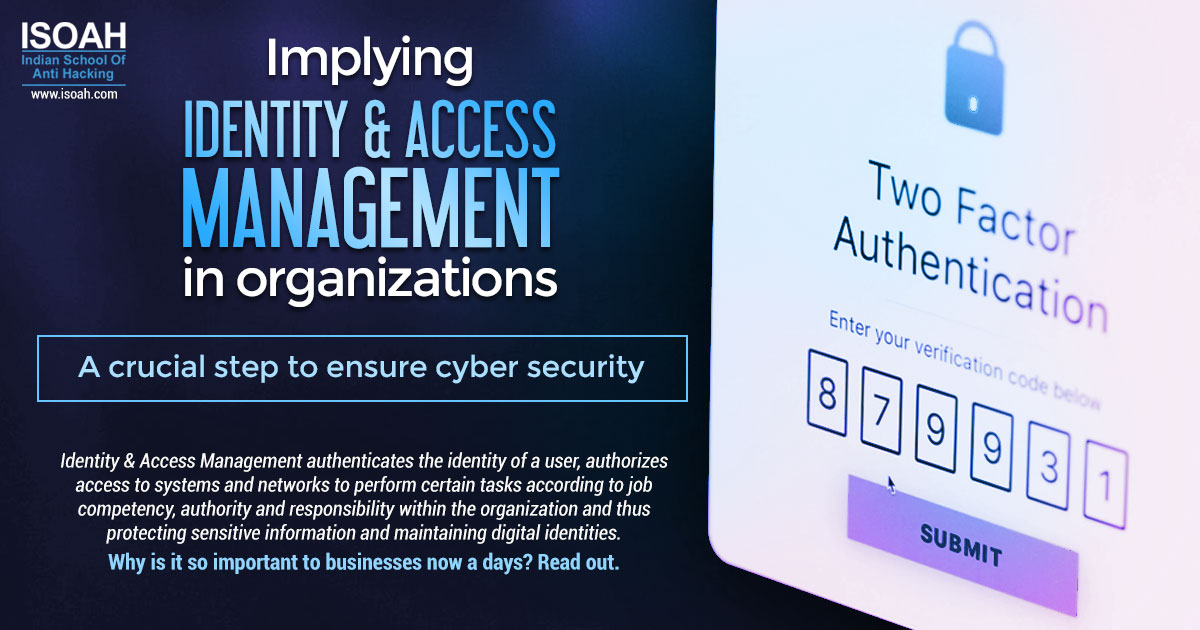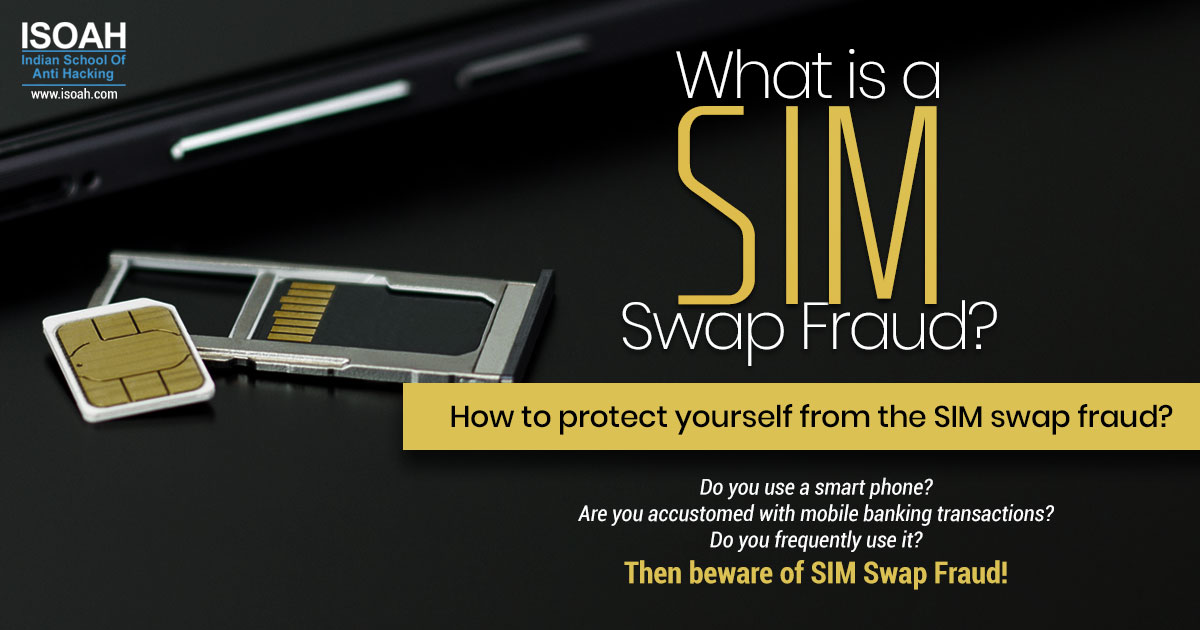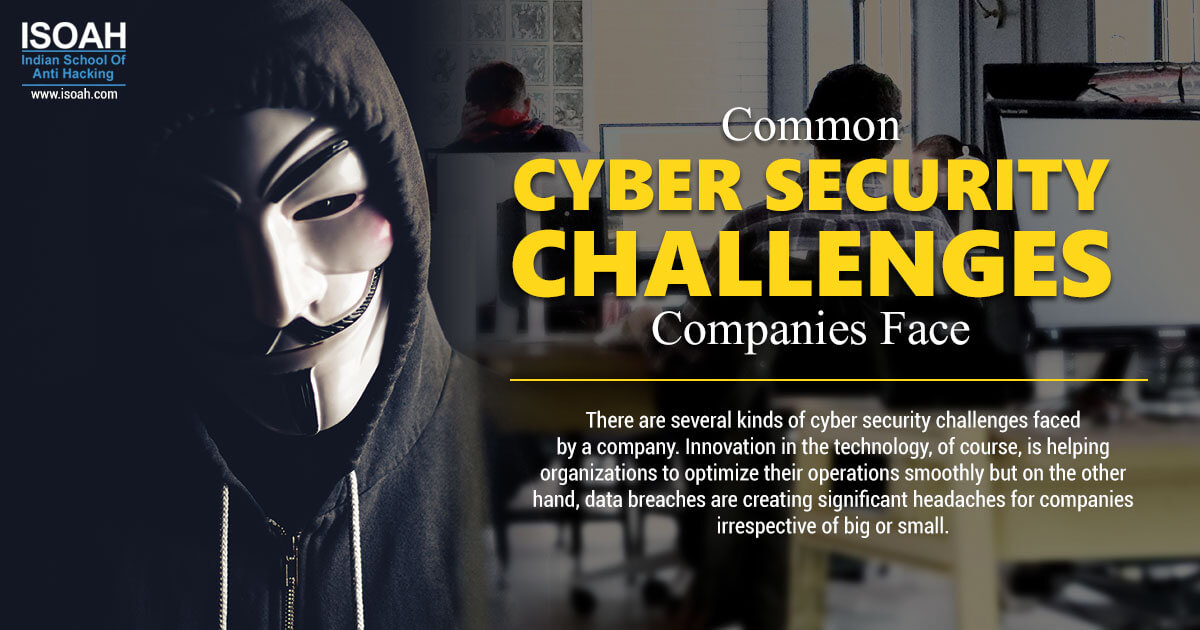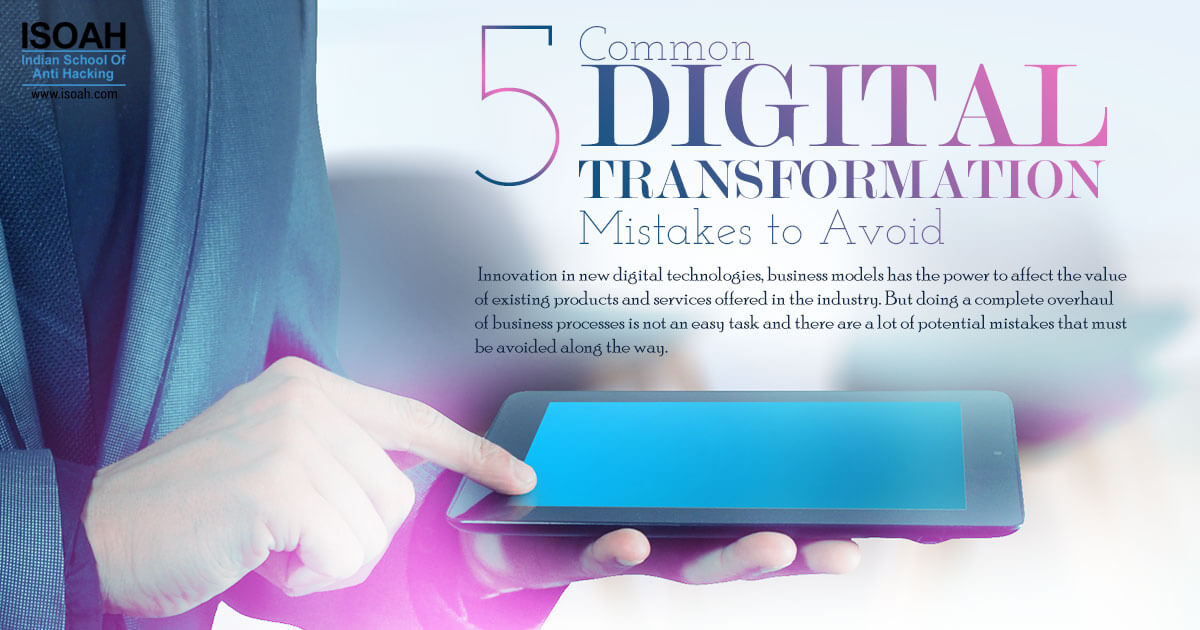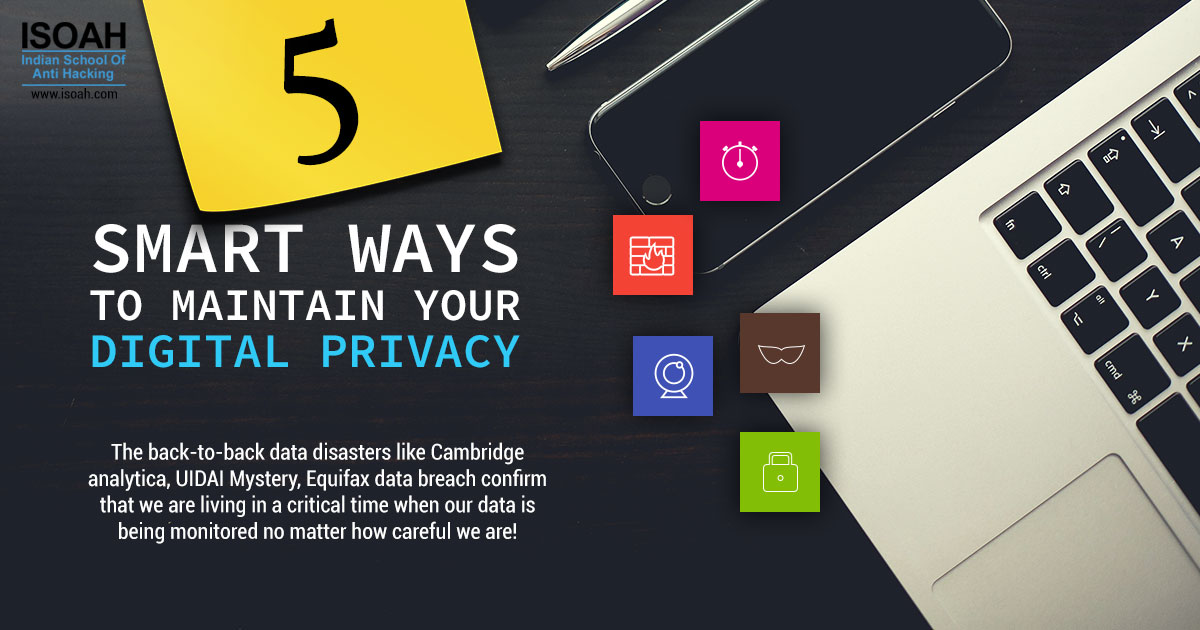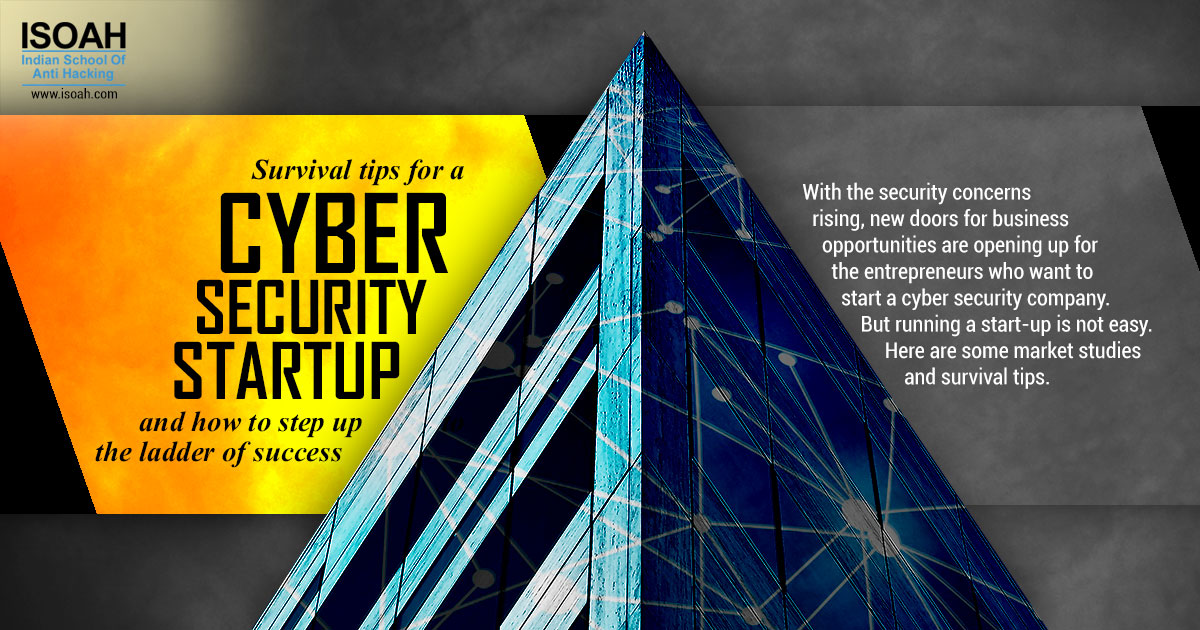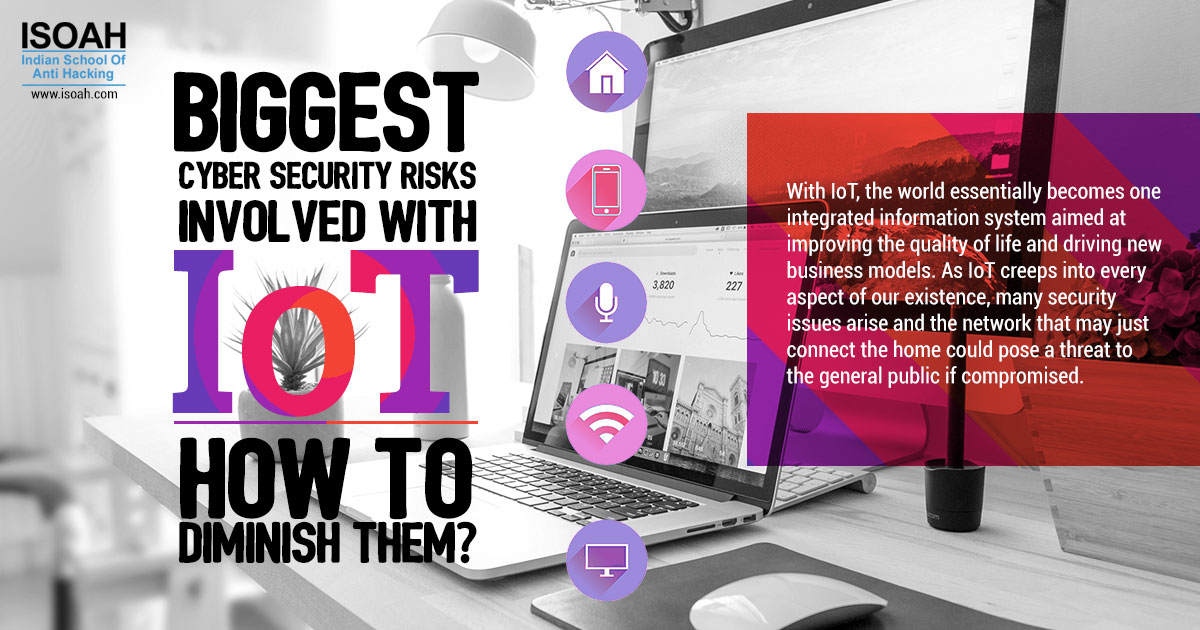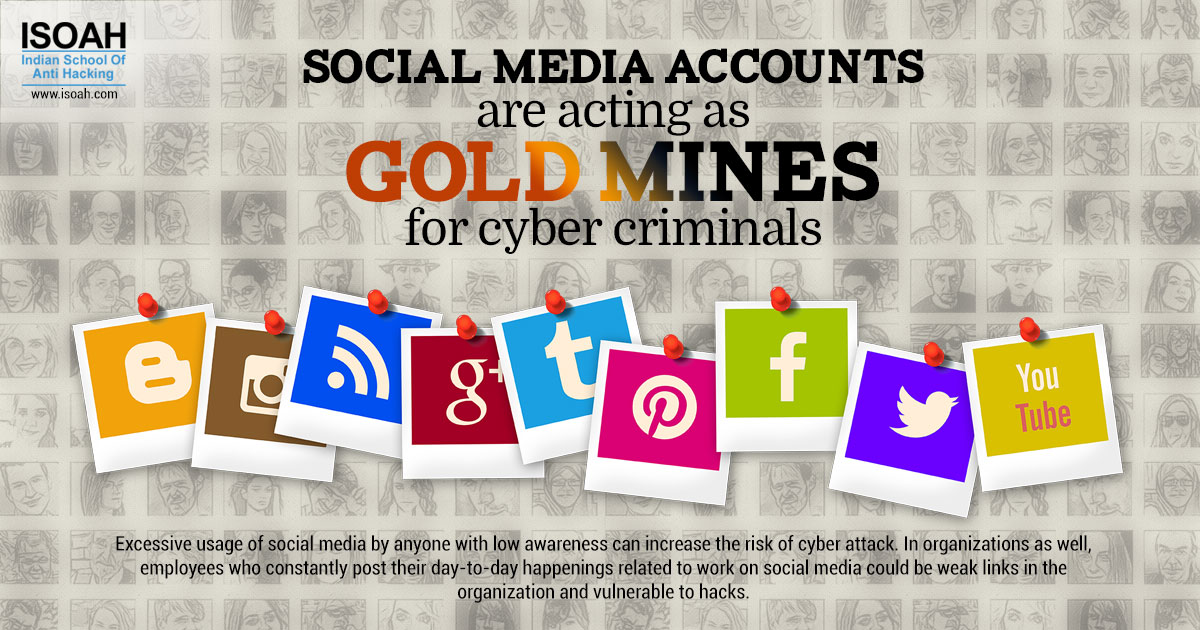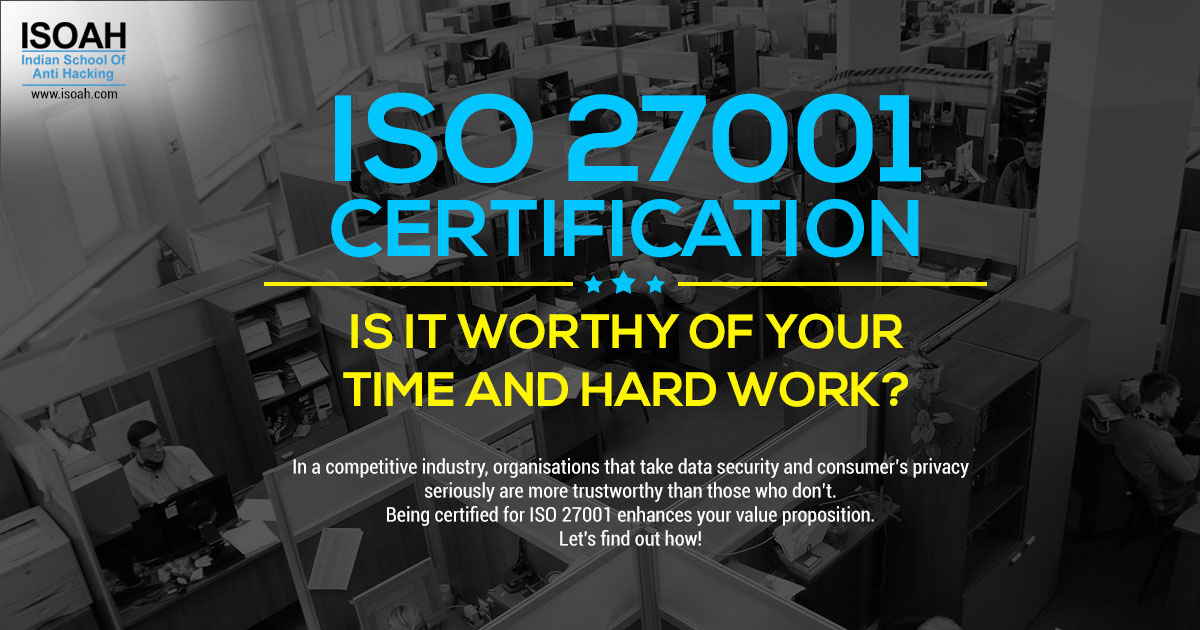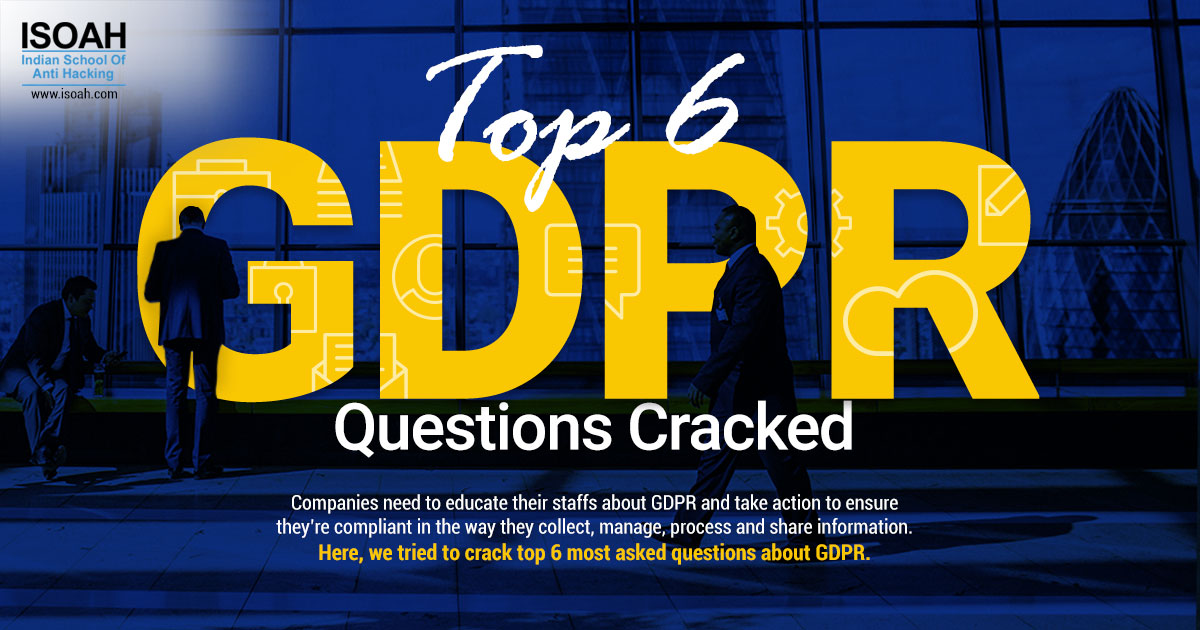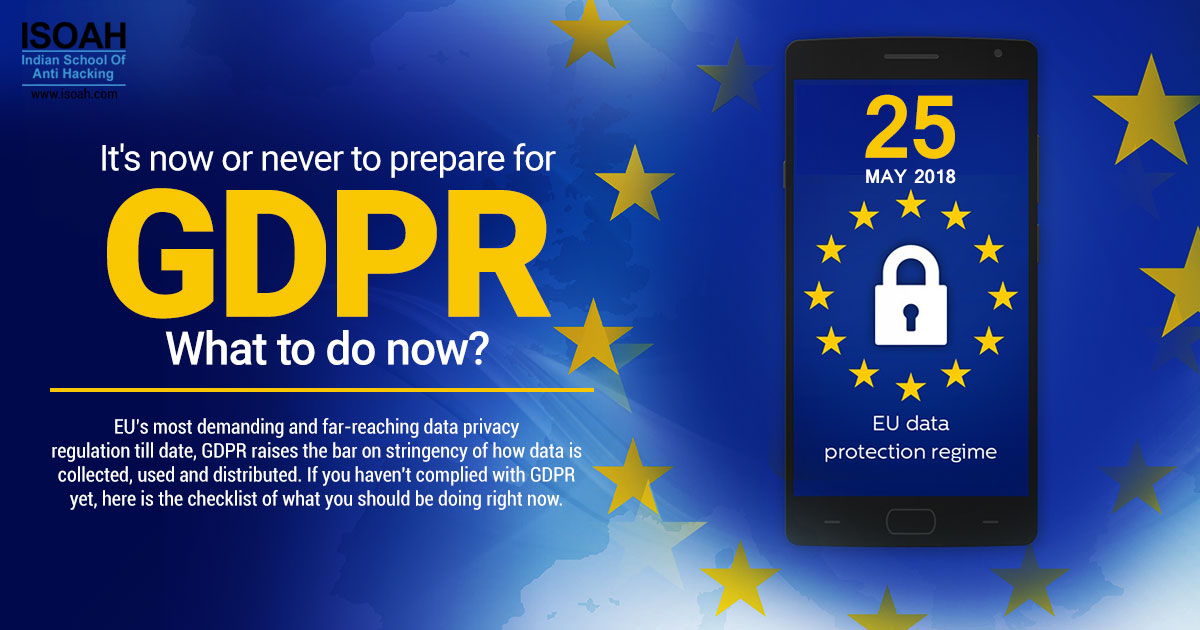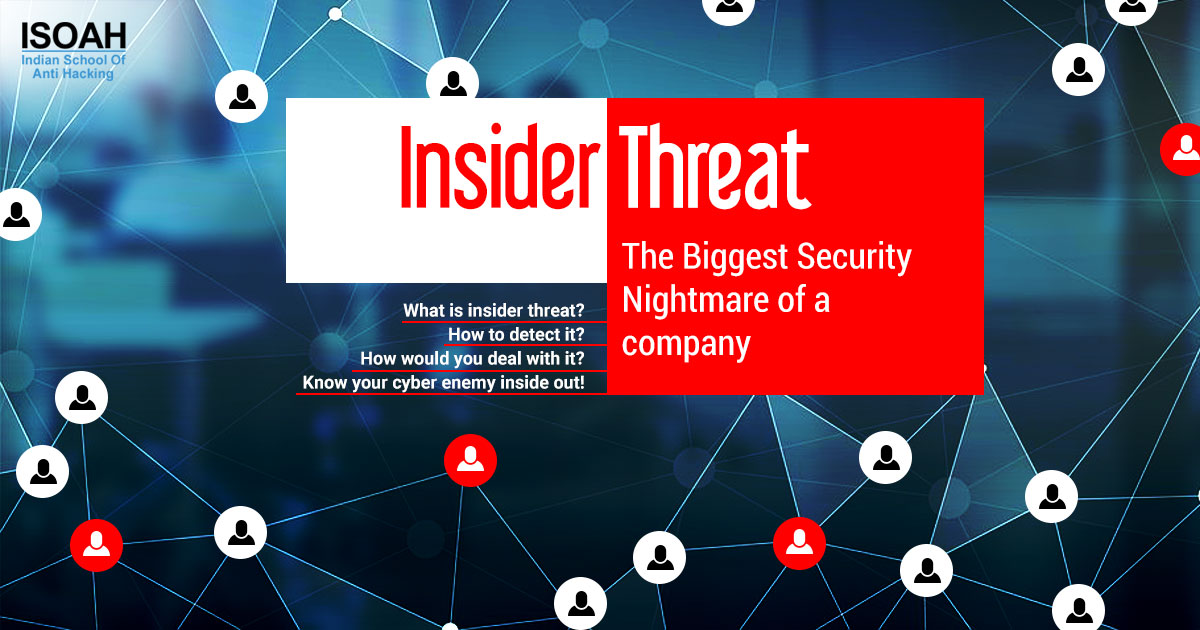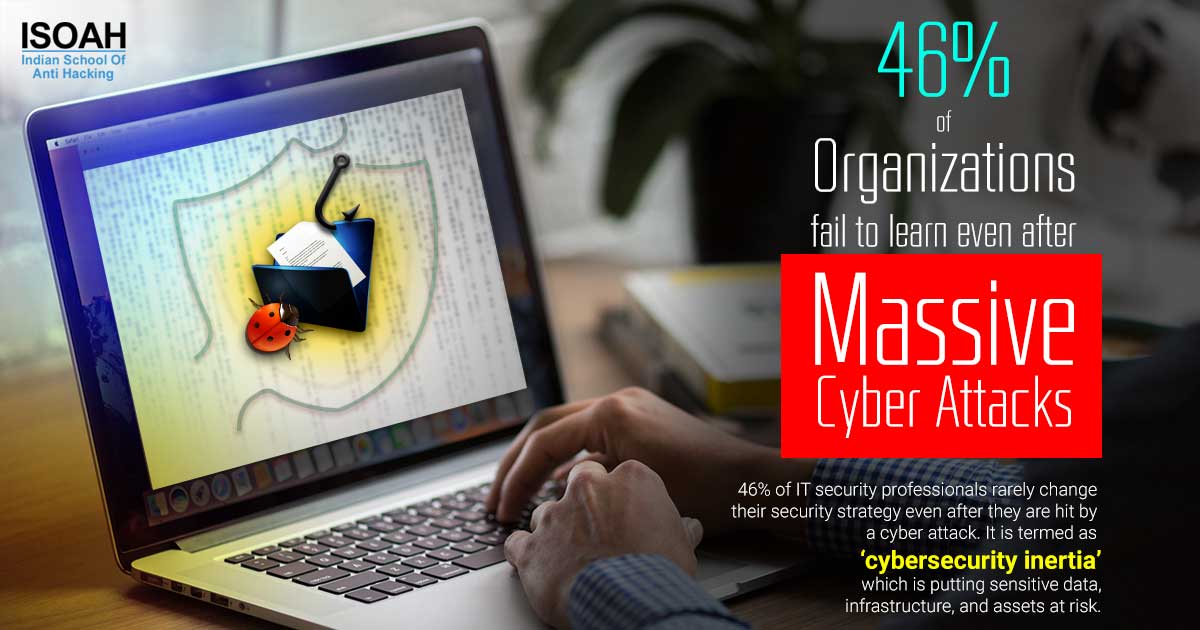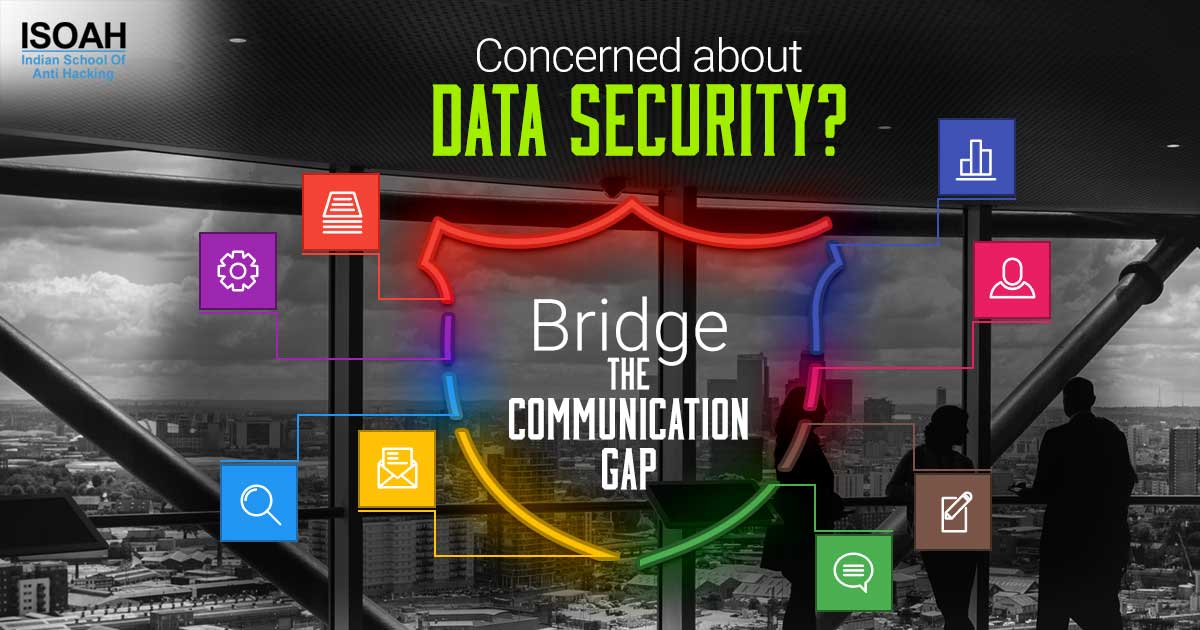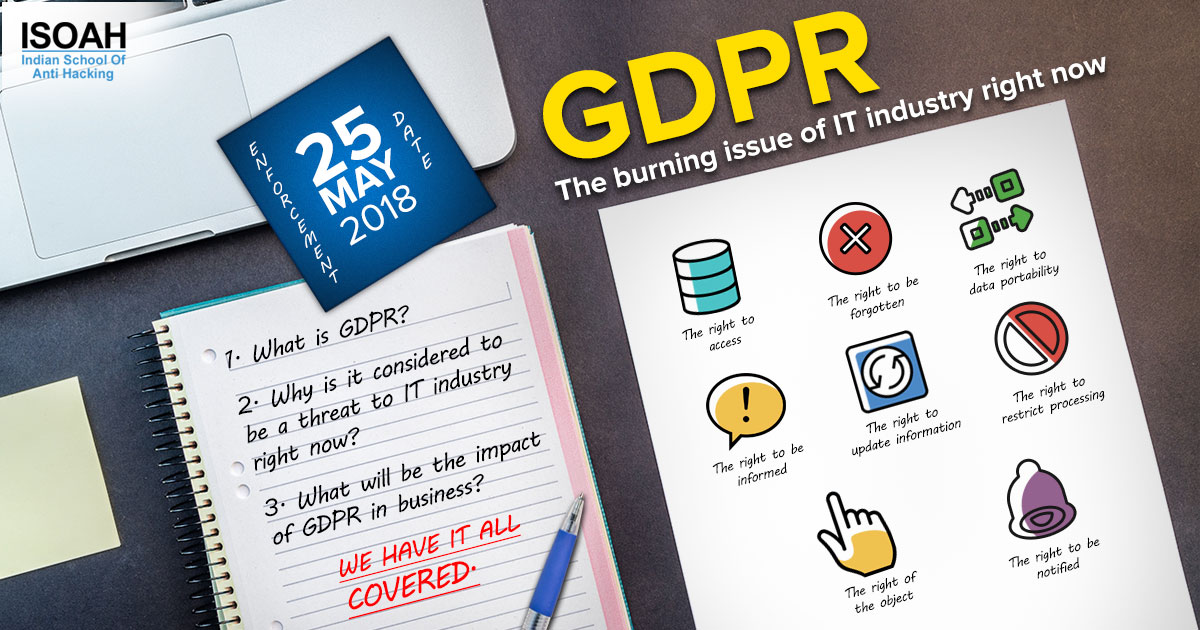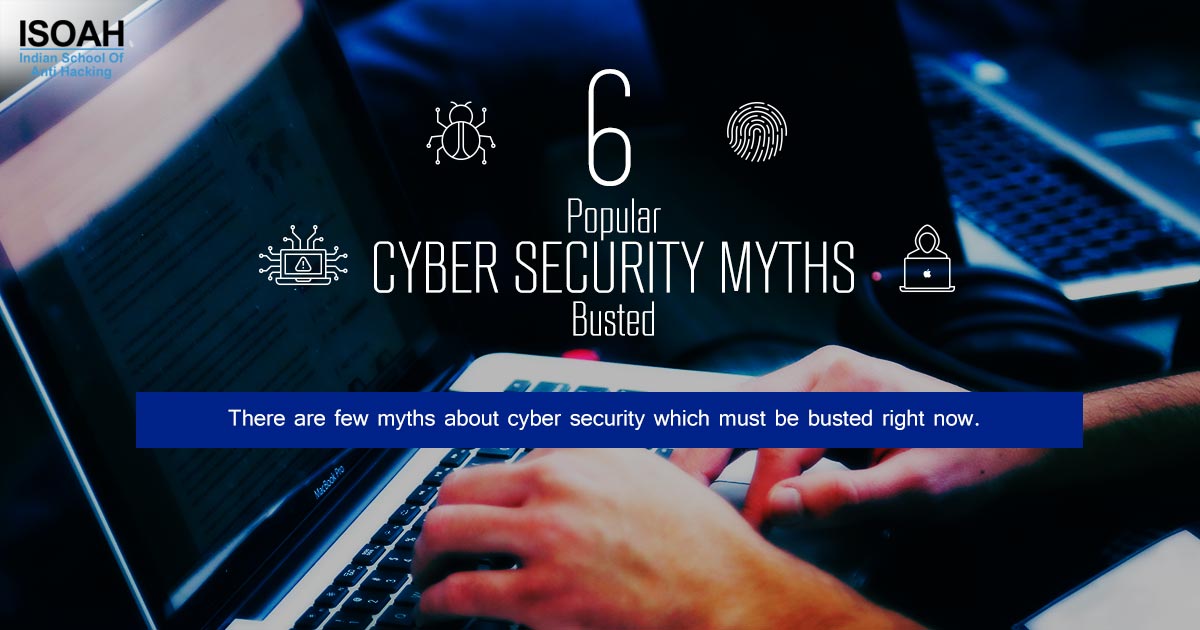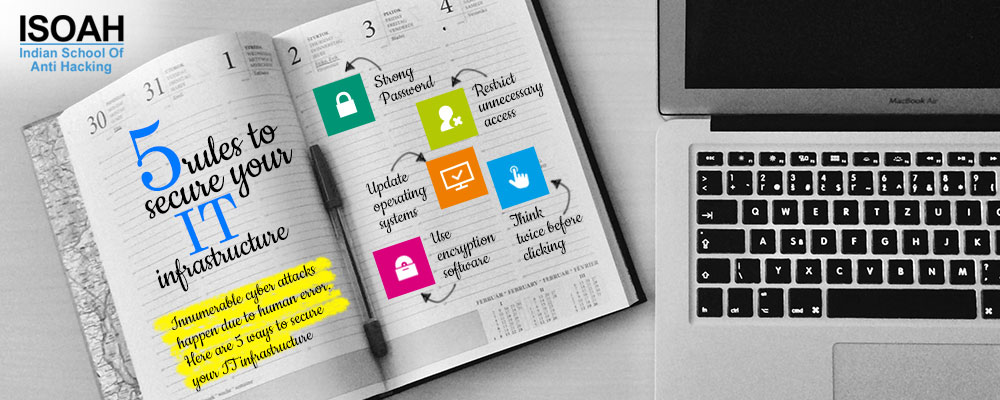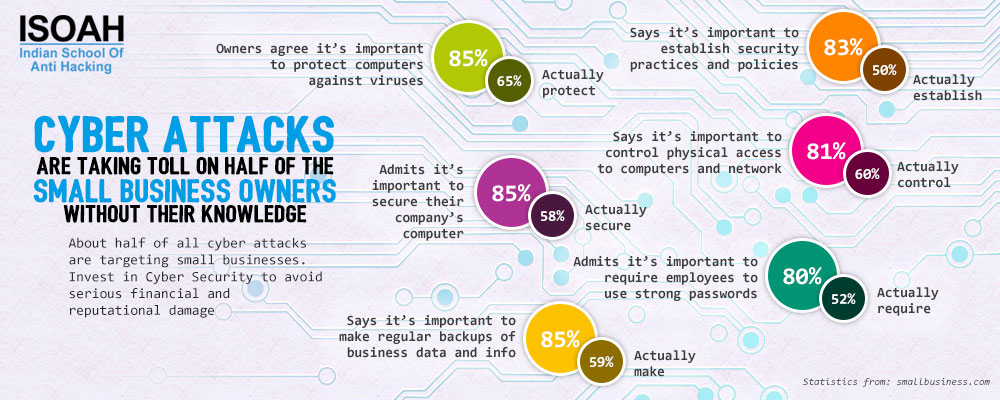5 Smart ways to maintain your digital privacy
Article: Digital Technologies
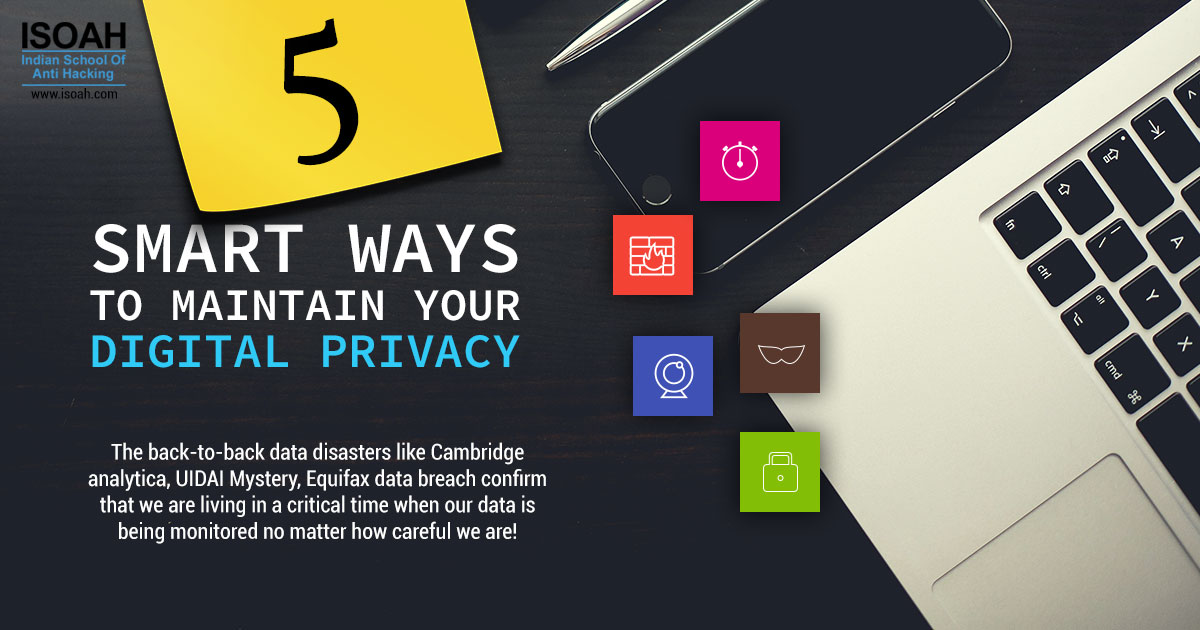
You are being stalked. The places you go, the things you buy, the words you say – everything is being monitored. How does it feel?
Well, this is not just assumption. This is the fact.
The back-to-back data disasters like Cambridge analytica, UIDAI Mystery, Equifax data breach confirm that we are living in a critical time when our data is being monitored no matter how careful we are! World’s most popular sites like Facebook, Google, Microsoft, Apple have access to plenty of data about us because we have availed their services and unknowingly shared plenty of data with them.
Does digital privacy really exist?
Edward Snowden has publicly announced that it doesn’t. Your emails, internet activity, searches, transactions, check-ins – basically everything to build a complete profile of yours is being monitored. As marketers are trying to personalize their advertisements, they are finding ways at intruding on your digital privacy and collect and monetize personal data that you generate everyday while surfing the web, using your phone or watching TV.
The monetary value of data will increase each day and obviously, companies will invest more effort into targeting your personal data legally or illegally. Here are 5 strategies to ensure your digital privacy:
1. Make sure to disable cookies:
Every time you visit a site, you download cookies. Cookies are used to remember information about your browsing activity including items added to cart, names, passwords etc. Secure websites usually have more secure cookies but some sites use cookies that lack any encryption at all. Therefore, deleting cookies and temporary internet files frequently from the browser is necessary. Disabling cookies works both on desktop browsers and mobile browsers. You can allow some cookies from trusted sites you visit often but blocking them altogether is a better security practice.
2. Use a firewall and secure wireless connection:
Both inbound and outbound network traffic needs to be protected. You should be able to see which sites or services are trying to send or receive data over your connection. The more stringent your firewall rules are the better. The aim is to keep the computer clean by using some kind of anti-spam/spyware software to minimize your risk of visiting malicious sites.
3. Disconnect your webcam when not in use:
What would you feel if you get to know someone has access to your webcam without you being aware? It’s like someone is watching you all the time right? Webcam hacking is becoming more destructive due to the increasing quality of video and so, visual information is more accessible than ever. The scary part is, this can be done without the indicator light coming on, and so you won’t even know that you are being monitored. That’s why covering up your webcam when you are not using it is always recommended. Same rule applies to mobile cameras and microphones. The only way to prevent your phone from being tracked is if you take out the battery.
4. Use a private browser:
Chrome, Firefox, Safari – all offer some sort of private browsing window that do not save your browsing history or prevent websites from tracking you. But going incognito (from Chrome browser) won’t ensure complete anonymity as your service provider can see all your activity. Tor is a network of virtual tunnels where your location, browsing history and real IP address remains undetectable. Tor is a favorite for hackers who value their anonymity. It is also used to access sites that your ISP has blocked or banned. But remember, if you use Tor for accessing Facebook, you’ll pretty much lose your ability to remain anonymous.
5. Use Password Manager:
"Password managers are apps for your phone, browser, and desktop that let you remember just one password to unlock your unique passwords for every other site and service. You download the app and then use it to generate and save new, unique passwords as you browse the web." Use the password manager to create a strong and unique password for your email account which has two-factor authentication enabled. Many sites will let an attacker reset the passwords by emailing a reset link intended to get the access to any of the account with which the email id is associated. Each time you have to enter the same old password, use the password manager to generate and save a new one that’s unique for the site.
While communicating online, be very careful about what you share and where your share. Do not discuss secret activities through Gmail, Facebook or Skype. No matter how careful you are and how effectively you follow all these privacy strategy, you are never completely protected from being tracked. But you can always minimize the risk of being naked online.
